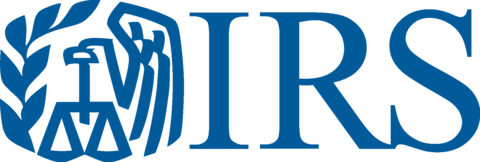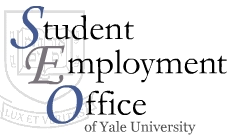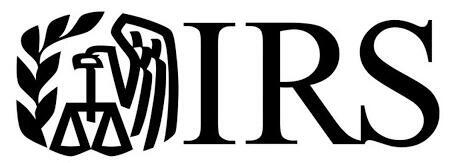Taxes can be a dry topic, but chances are that at some point, you’re going to have to file them! Read on for some tips and tricks regarding taxes that a typical student must file.
What are taxes and when do I need to file them?
If you have any type of income, whether that be from a job or in the form of a scholarship or grant, then you will likely be required to pay taxes on that income. “Tax Day” is April 15, and marks the deadline by which you must file taxes on all income earned during the previous calendar year. If you are filing taxes as a single person, you are only required to file taxes if you make $12,200 in income during the year. If you made less than that, but have had income taxes withheld from you throughout the year, you will likely qualify for a tax refund and might then want to file anyway in order to get your money back.
To file your taxes, there are certain forms you must submit to the IRS — keep reading to learn more! Taxes can seem daunting, but the best way to avoid any unnecessary stress regarding taxes is to plan ahead and become informed.
Education-related taxes on scholarships, fellowships, and grants
According to the Internal Revenue Service (IRS), scholarships, fellowships, and grants, including financial aid, are tax free only to a certain extent. In order to determine what qualifies as tax free, one must understand the difference between qualified and non-qualified education expenses. Here are some examples:
- Qualified Education Expenses:
- Tuition and fees required to enroll at an eligible educational institution.
- Course related expenses, such as fees, books, supplies, and equipment that are required for the courses.
- Non-qualified Education Expenses:
- Room and board
- Health insurance
- Research
- Travel
It is important to remember that if any part of your scholarship, fellowship, or grant goes toward non-qualified education expenses, you will have to file a tax return according to the IRS. This is because your scholarship is viewed as individual income under the federal government if it is not purposely used for a qualified educational expense.
Here are some relevant forms to file your education-related taxes:
- 1098-T: Tallies expenses paid to the college or university
- 1098-e: Summarizes student loan interest payments
- If you are paying back federal student loans, you can qualify for up to a $2,500 tax deduction based on the student loan interest you have paid. You can use the 1098-e to file for that deduction
International students may have to pay different types of taxes. Yale’s Office of International Study and Service (OISS) has resources on paying taxes as an international student.
Other income taxes
If you worked a full time or part time job, you may have to file taxes on that income as well. You are only required to file taxes if you made $12,200 total during the calendar year (including any scholarships or grants that go toward non-qualified educational expenses,) but even if you did not make that much, you may still wish to file. Check to see whether your place of work has been deducting money from your paycheck to go to taxes. If they have, chances are, you are entitled to a refund from the IRS! So even if you are not required to file those taxes, you may still want to in order to get your money back.
Here are some relevant forms to file taxes for your job:
- W-2: you should get this from your place of work once the calendar year ends (likely in January or February.) This form is used to file all standard income taxes.
- 1099: use this form if you earned money through an app-based job, such as Uber or Lyft.
Ways to submit your tax return:
You can always file your taxes online directly to the IRS; however, the process can be clunky. There are many third party apps and websites that offer free and secure ways to file your taxes in a more straightforward manner. Some popular sites include TurboTax, H&R Block, and Credit Karma.
The resources below give even more information about tax requirements and list many ways to file your taxes online for free.








